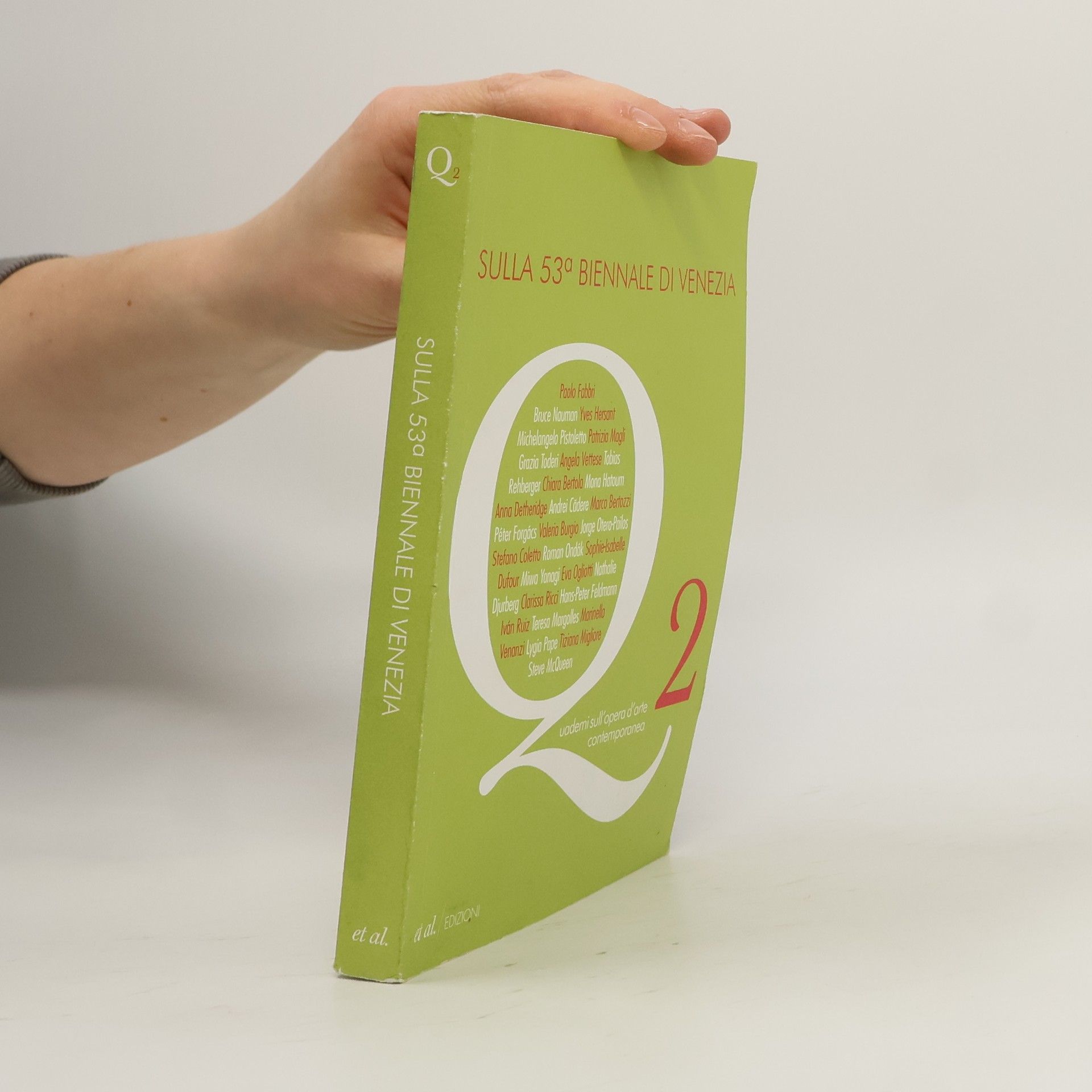The Nude
- 320 stránek
- 12 hodin čtení
The theme of the nude has always exercised a particular fascination on artists and viewers alike, and the representation of the human form has inspired some of the finest works in art history. This volume, which aims to offer a fascinating visual survey of the nude, features over 200 paintings, sculptures, and drawings-often celebrated masterpieces-and examines a period spanning over two hundred years. The book features works by the most important artists of the last two centuries including Canova, Ingres, Courbet, Cézanne, Klimt, Picasso, Magritte, Dalí, Giacometti, Bourgeois, Gormley, Abramovic, Acconci, Beecroft, and Barney.


